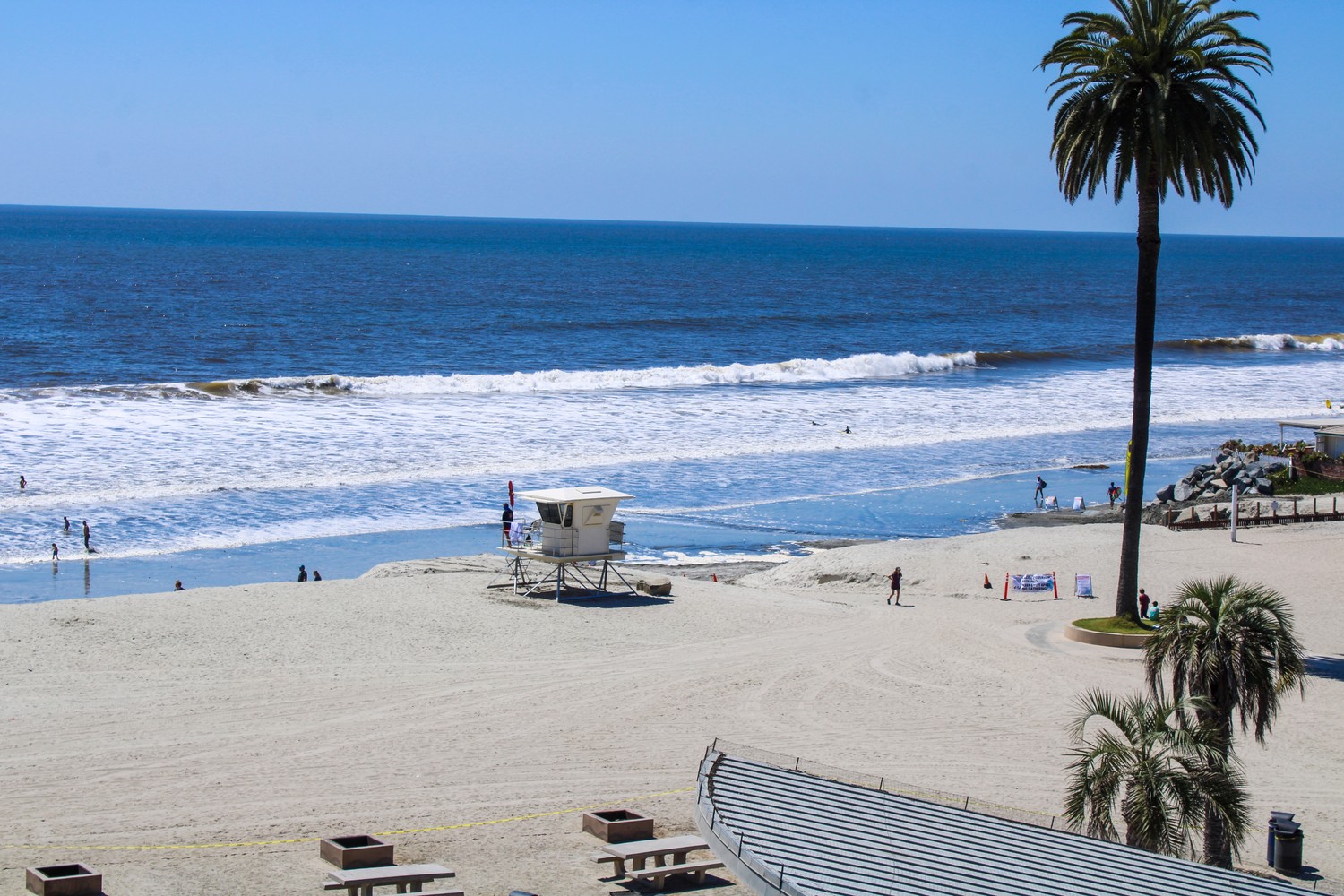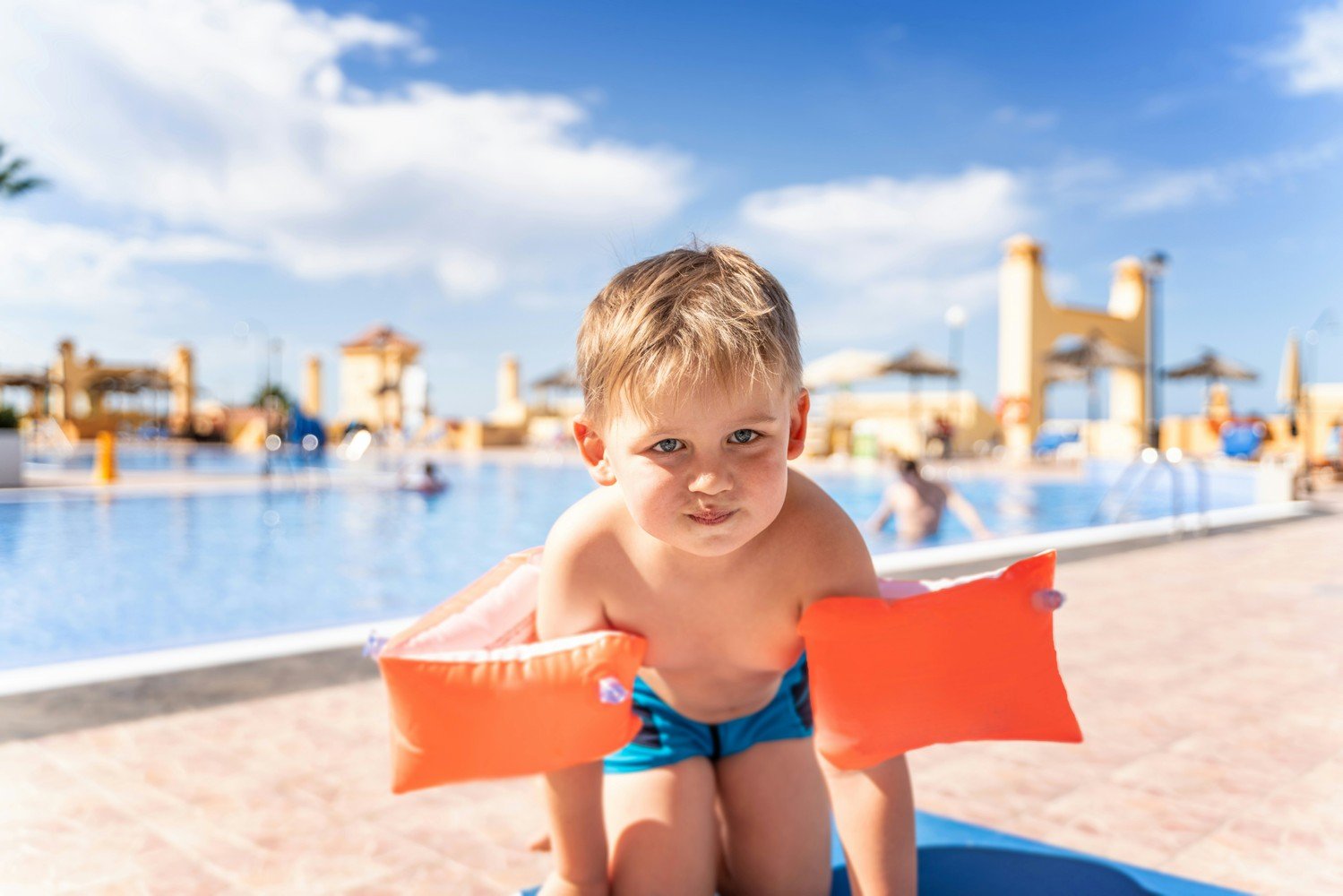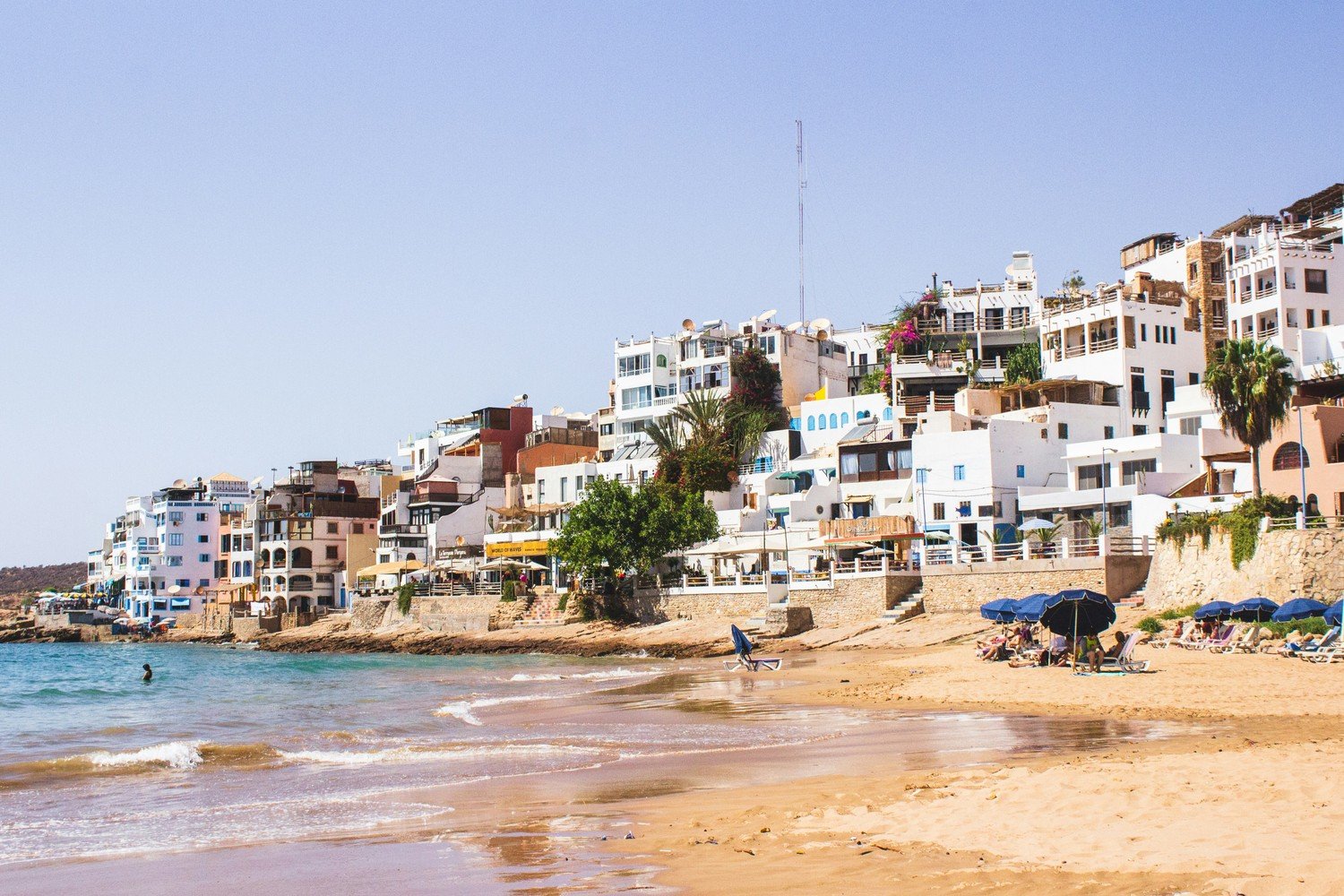
Destination or Hotel
Departure Airports
Travel Dates
Nights
Guests
Price Match Promise
Price Match Promise

Great British Beach Clean : Making our oceans plastic pollution free
By
Mindi
28 Sep 2018
Beaches are delicate natural environments and their conservation depends at large on the behavior of their visitors. Being respectful with the environment, picking up pieces of plastic, or even reaching the beach by bicycle or foot are some of the small changes you can make to keep the beaches of our coastline clean and well-preserved - so grab a pair of gloves and lets get going!
Beach cleans have been brought to our attention even more so recently, with incredible events such as the annual Great British Beach Clean taking place in order to preserve some of our best-loved marine wildlife, remove litter and waste from poluting our seas and rectify damages done to our tourism and fishing industries.
It all started with The Marine Conservation Society (MCS) organising one of the first Beachwatch Weekend in 1993. The UK’s leading marine environment, MCS has won accolades for its conservation efforts and by working hand in hand with fishermen and the industry, and with this in mind it's time to take action...
OCEAN CLEAN UP: WHY IS IT THE NEED OF THE HOUR?

In addition to the MCS, Surfers Against Sewage (SAS), a marine conservation charity founded in 1990 is also actively promoting an end to plastic-pollution, with some powerful findings to share:
"There is approximately 51 trillion microscopic pieces of plastic, weighing 269,000 tons. That is the same as 1345 adult blue whales. And 500 times the amount of stars in our galaxy" - pretty scary statistics, right?
It's clear to see that the widespread littering of urban waste is contaminating the seas at an unimaginable rate, which has, in turn, led to the UN and other international organisations to launch a global alert. A study of United Nations Environment Program (UNEP), has quantified millions of tons of garbage that accumulates at the sea bed, in the water column, on the surface of water and on the coasts. To put that into perspective, over 1 million seabirds and 100,000 sea mammals are killed by pollution every year.
How can we help?
Luckily, there are thousands of beach clean events that take place across the country, so you can take part and do your bit for the community in order to keep your local coastlines as clean as possible. The SAS has recently launched their biggest ever Autumn Beach and River Clean event (mobilising 15,000 voluneers at 400 beaches and 60 rivers), and will take place across the UK between 20th - 28th October.
Ben Hewitt, Director of Projects and Campaigns at SAS said: "The Autumn Beach Clean has long been a staple of every ocean enthusiasts' diary and this year we are moving inland to our rivers for the first time. We want to tackle the problem of pollution further upstream and highlight the direct link between all UK towns, villages and cities and the ocean around us.
The scale of this clean - the biggest across the UK - will provide us with vital data to inform the Governments decisions on a new deposit return scheme. We will be able to specifically show the range of bottles and cans ending up polluting our sands, which need to be included in a new shceme."
Wondering where your nearest beach clean is? Well, there is over 150 Regional Reps across the UK located in the East, North East, North West, Northern Ireland, Scotland & Hebrides, South Coast, South East, South West and Wales. Simply turn up at your nearest event, and once you've gloved up, you'll be briefed on safety and the threat that plastic pollution has to our oceans and beaches before tackling the rubbish - with an average clean lasting around two hours. Designed to be a fun day out with a difference, you can bring the family along too and add to the helping hands - with some events hosted by SAS awarding prizes for the most wierd and wonderful item found on the beach! At the end of the event, all of the rubbish found is counted and collected and taken to be recycled.
PLASTIC POLLUTION: A SINGLE MATERIAL, SINGLE-HANDEDLY DESTROYING OUR OCEANS

The push to go plastic-free is bigger than ever, with re-usable cutlery, sustainable toothbrushes and the encouragement of buying organic, package-free fruit and vegetables - it seems we're making more progress in our supermarkets than on our sands. When we "throw away" plastic, it usually ends up in a landfill to be incinerated or recycled, yet a huge amount of that somehow ends up in waterways and oceans, often caused by various water drainage systems in urban areas. It's a multitude of water flowing through landfills, the deliberate dumping of garbage, abandoned waste, accidental spills from ships or effluents from sewage treatment plants that's polluting our land and sea, and while some causes are out of our control, we should be doing all that we can, where possibe, to prevent man-made pollution. Recently, a special focus has been placed on the particular problems of microplastics, which are fragments smaller than 5mm - there are literally billions of these microplastics floating indiscriminately, which affect even the smallest species of marine life.
THE BEACH CLEANING CAMPAIGN

Anyone can organise a beach clean up, whether you want to set up an official event or simply round-up your friends and family and head down to your local stretch of sands - we've highlighted how to organise your very own event below so you can start binning litter to save our beaches...
HOW TO ORGANISE A BEACH CLEAN UP:
• The organiser should be well acquainted with health and safety information compliant with being a guide for other volunteers.
• The organiser should undertake a proper risk assessment of the conditions prior to the event and contain information in written records.
• The organiser should take note of any accident or incident of concern happening during the event and report it to MCS likewise.
• The organiser should also pass on their knowledge on health and safety standards to his teammates before the cleanup commences.
Help make a difference and prevent marine pollution, plastic waste and general residue on our beaches and sign up to a beach clean near you, today!
40,000+ verified
customer reviews
We want all our customers to stay safe when abroad. For the latest travel advice from the Foreign, Commonwealth & Development Office click here. Further advice can be found on the Travel Aware page here. Please note the advice can change so check regularly for updates and before you travel.
teletextholidays.co.uk acts as an agent in respect of all bookings made by telephone. For all bookings, your contract will be with the applicable Service Provider of your chosen Travel Service (who may be the principal or the agent of the principal) and Teletext acts only as an agent on their behalf. Your holiday will be financially protected by the ATOL scheme and you will receive an ATOL certificate once your booking has been confirmed. Please see our booking conditions for information, or for more information about financial protection and the ATOL Certificate go to:www.caa.co.uk/atol-protection
*We are able to offer a price match if suppliers are the same.
*Limited Availability: Prices are updated regularly, call us for the latest live price.
Teletext Travel Ltd, company number 14855829. Address: 71-75 Shelton Street, Covent Garden, London, United Kingdom, WC2H 9JQ.
Copyright 2025 teletextholidays.co.uk | All rights reserved.




